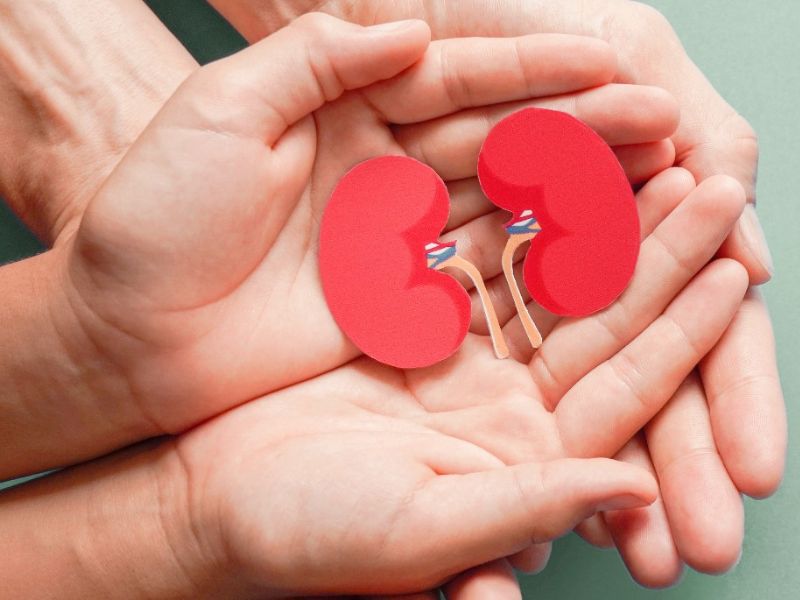
Protecting the Kidneys: Essential Strategies for Health
Prevention and Treatment at the Core of Renal Health
Kidneys perform vital functions for our body, including filtering waste from the blood, regulating blood pressure, and maintaining fluid and mineral balance. However, unhealthy lifestyles and pre-existing medical conditions can seriously compromise their functionality.
The Fundamental Role of Kidneys
These organs, located in the lumbar region, are essential not only for detoxification and excretion but also for the production of hormones that regulate blood pressure and stimulate red blood cell formation. Their health is therefore crucial for overall well-being.
Eight Prevention Strategies
Massimo Morosetti, President of FIR-ETS – Italian Foundation of the Kidney, Director of Nephrology and Dialysis at Giovanni Battista Grassi Hospital in Rome, interviewed by Ansa, described how recent advances in medicine and therapeutic/dietary attention now allow for significantly slowing the progression of chronic kidney disease. In most cases, treated individuals may never need dialysis or a kidney transplant. He outlined eight preventive measures to protect kidney health.
There are then, explain experts from the Italian Society of Nephrology, eight fundamental rules to follow. These include: adopting a balanced diet, rich in fruits and vegetables and low in saturated fats; regular physical activity; maintaining a healthy body weight; monitoring blood pressure and blood sugar levels; adequate hydration; regular medical check-ups; abstaining from smoking; and cautious use of medications, especially those that may affect kidney function.
The Importance of Prevention
Preventing kidney diseases is crucial because once they occur, kidney damage is often irreversible. Therefore, adopting a healthy lifestyle and undergoing regular check-ups is the best strategy to keep kidneys healthy and prevent serious complications such as kidney failure, which may require invasive treatments like dialysis or transplantation.
Prevention is thus the key to preserving the function of these indispensable organs, ensuring a better and longer quality of life.
Sources


